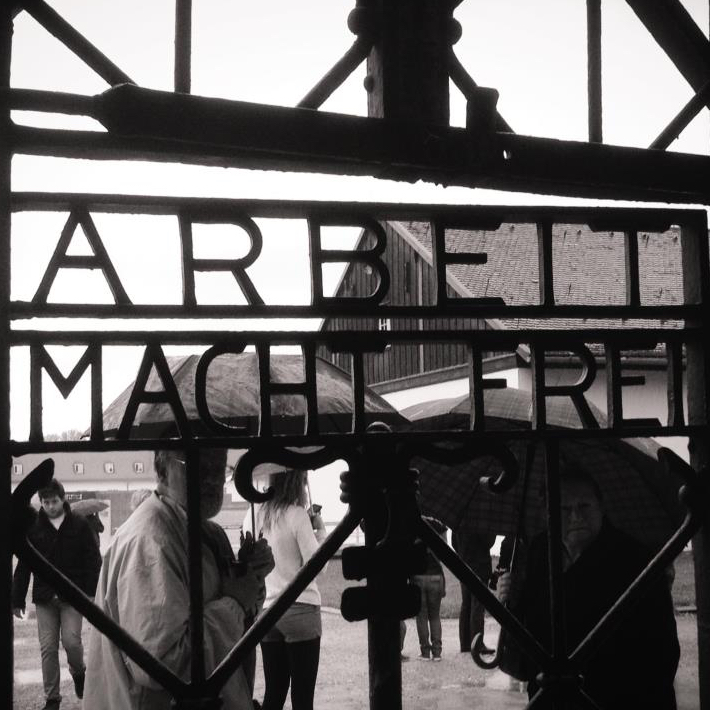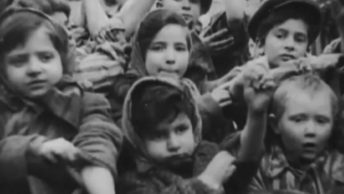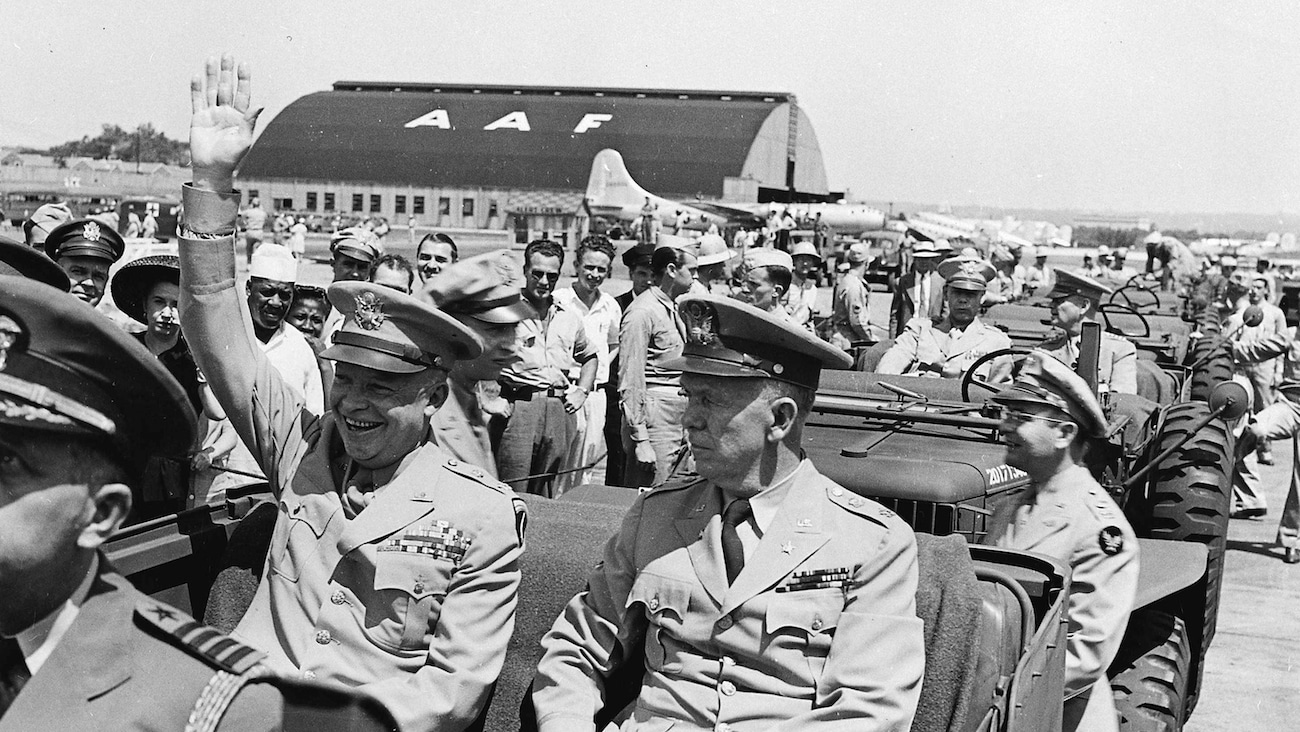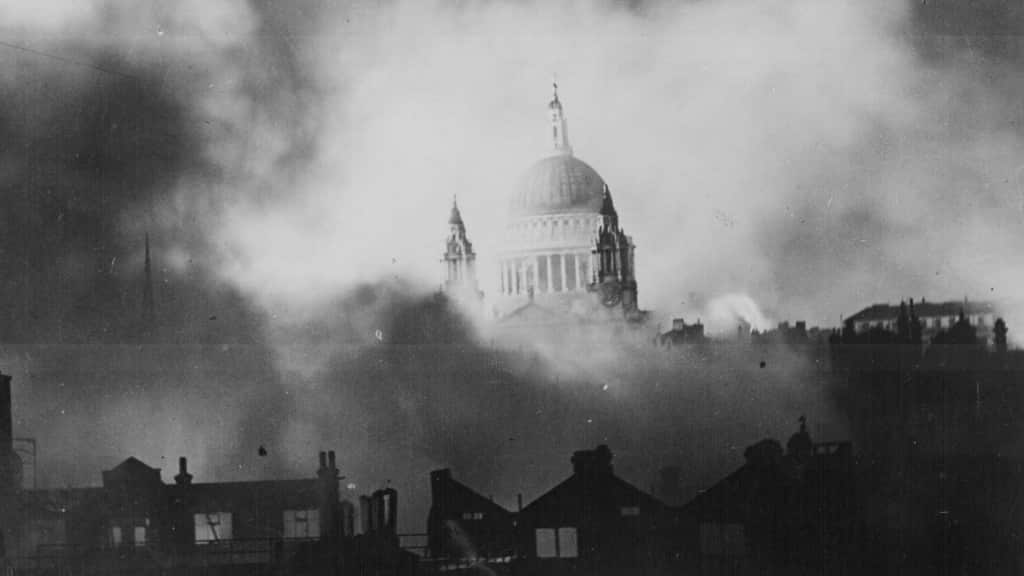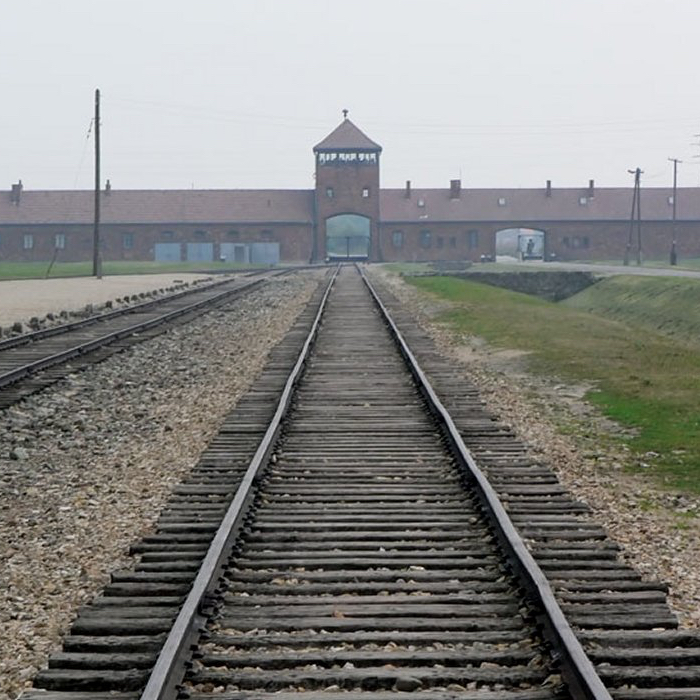As time marches on, many of us with links to the past are seeing those links pass away. As a young child, I grew up with a lot of friends, neighbors, and even co-workers that had been part of the events in World War II. I learned so much from speaking with them and their first-hand knowledge of what had happened.
Within a few days we will be celebrating the 70th anniversary of the liberation of Auschwitz. At the 60th anniversary, 1,500 survivors attended the ceremonies and it is expected that this coming week, on the 70th anniversary, approximately 300 survivors will attend. A decade from now, on the 80th anniversary, there will likely be no survivors.
Over the years, I have met and spoken with individuals who had an intimate knowledge of the war and its atrocities. Henry Grossman was a die cutter at a company where I worked during the 1960s. Henry had been interned in Auschwitz. Henry lost every member of his family and as he aged, he grew more and more depressed that he had been spared. Henry has passed on but I remember spending many a lunch hour with him talking about the horrors that he had experienced. Not every day could Henry speak of the atrocities that he had witnessed. There were weeks that went by that he could not talk about what he had seen and what he had lost in that horrible camp.
Back a few years ago, I had the opportunity for a private tour of the Dachau concentration camp outside of Munich. The Republic of West Germany at the time had resisted attempts to open Dachau to the public. It was not until 1965 that the camp was opened. Dachau was the first camp established by the Nazis on the 20th of March 1933. A little bit of history might help to understand why Dachau was built. On January 30, 1933, Adolf Hitler was made Chancellor of the German Reich. On February 28, 1933 a Presidential Order for the protection of the German people was issued which made certain provisions of the German Constitution invalid and allowed the government of the Reich to take provisional control of many of the states and establish at the time what was referred to as “protective custody.” Needless to say, anyone who had opposed the Nazis or was viewed as a political threat to Hitler was rounded up and interned in Dachau. When the camp opened up, it had a capacity to house 5,000 people. The initial day it opened, 7,500 people were imprisoned in Dachau. The young man that gave my wife and me the private tour was from a German family that lived in the ancient town of Dachau. He said his Dad and Mother never liked to talk about the war years. He said they knew that it was a death camp based upon the number of people that arrived and that almost no one ever left.
Art Balzac was a customs inspector at the Detroit & Canada Tunnel Company. I worked for the Tunnel Company as a summer job but spent hours chatting with Art, who had been a pilot with the Army Air Force stationed in England during World War II. He was on his 12th mission when his plane was shot down over Germany. He was captured almost immediately and interned in a German Prison camp. He survived 18 months. He lost so much weight that when he was freed in May of 1945, he spent months in a VA hospital. Years later, there was a TV program called “Hogan’s Heroes” and Art would become furious when anyone had it on. He said that it was not like that. The German guards were brutal and used any excuse to kill the American prisoners.
I had two high school teachers that had served in the Navy in World War II. Both were great men but were not that inclined to talk much about their experiences. One science teacher had spent time on Iwo Jima and was fortunate to get off the island alive. The other had been on Guadalcanal and told us that he never slept more than an hour or two since he was discharged. Nightmares were a routine part of his life.
They say history repeats itself and I believe it. Try as we may, we cannot keep the events before us that shaped our world. As time goes on, people pass on and many events are mentioned in our history books under a brief capsulized heading to keep the books from becoming thousands of pages each. I truly believe that I was fortunate to have met and known the men and woman I have. I just hope that others are given the same opportunity.

